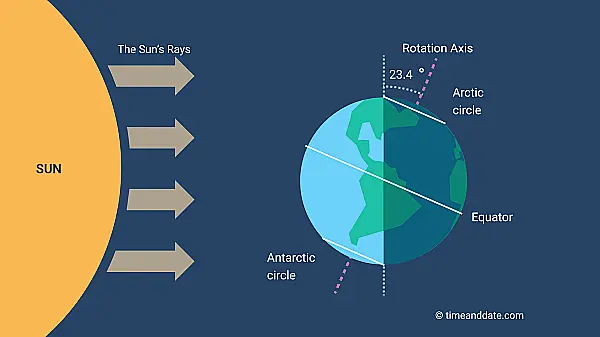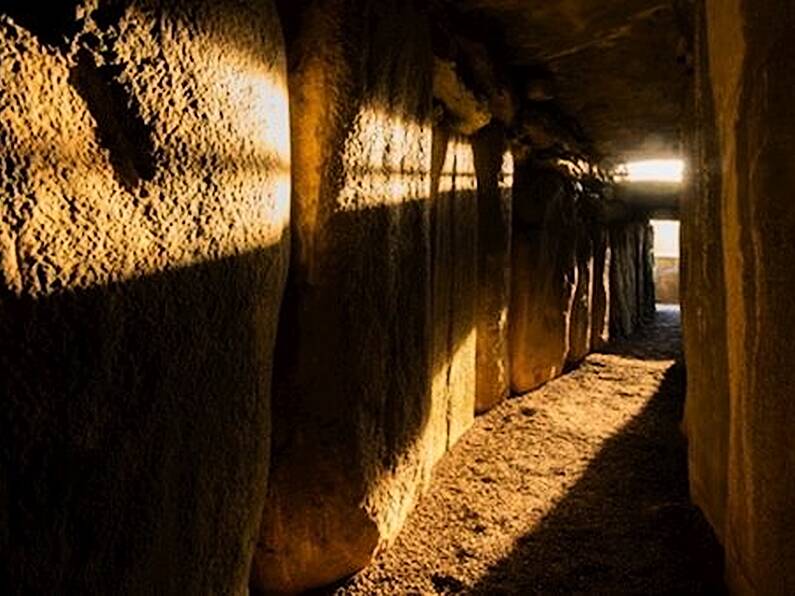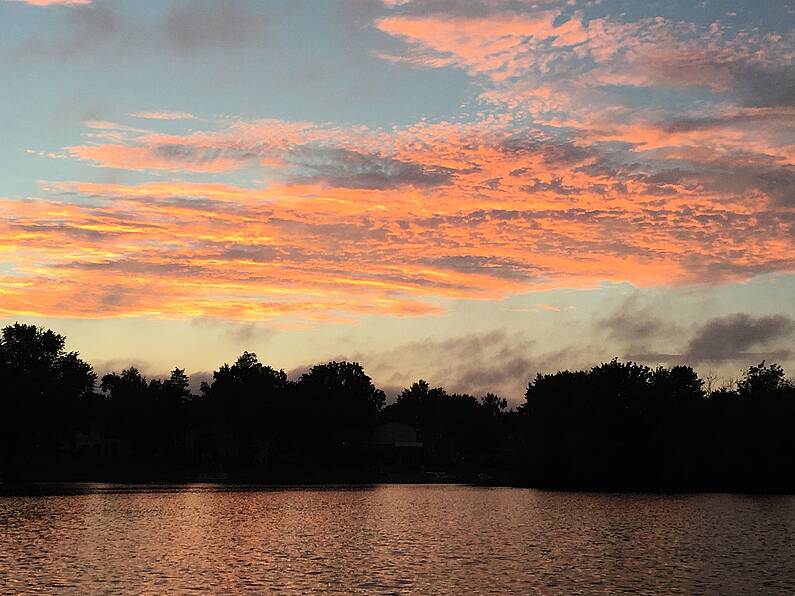Winter Solstice is quite the phenomenon.
It is complex but still rather simple to explain to the layman.
So what exactly in Winter solstice?
The Winter Solstice astronomical phenomenon that marks the shortest day and the longest night of the year. This usually occurs on December 21st or 22nd of each year.
Now that was a simple explanation but the more complex part is explaining why it occurs.
According to the Irish Examiner, in the Northern Hemisphere (half of the Earth north of the equator), the Winter Solstice occurs when the sun shines directly over the tropic of Capricorn.
During Winter Solstice, the northern hemisphere is tilted as far away from the sun as possible and causes Ireland to experience the least amount of sun during the day.
Countries farther away from the equator experience the shortest amount of time without sunlight. Think countries up the North pole like Russia, Canada, Norway, Denmark (via Greenland), and the United States (via Alaska).
These countries will see the full effect of Winter's solstice compared to Ireland.

The dotted line is the equator which is tilted while facing the sun. Countries up top will see less sun. Photo: Time and Date.com
In Ireland, the Winter Solstice for 2023 will occur on Friday, 22 December 2023.
You can track the countdown for Winter Solstice in Ireland here.
While we might have the shortest day of the year in the Norther hemisphere (including Ireland), the Southern Hemisphere will have its longest day as shown in the image above.
Ireland has a special monument that shows off the full glory of the Winter Solstice; Newgrange in Co. Meath.
According to the Irish Times 'Its burial chamber is aligned so that on the morning of the winter solstice a beam of light penetrates the roof-box and travels up the 19 metre passage and into the chamber. As the sun rises higher, the beam widens so that the whole chamber is dramatically illuminated.'
You can stream the event live here.
Keep up to date with all the latest news on our website Beat102103.com.






